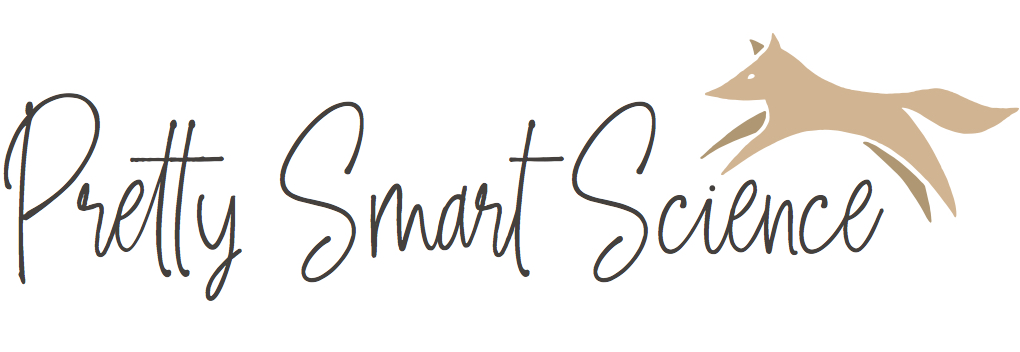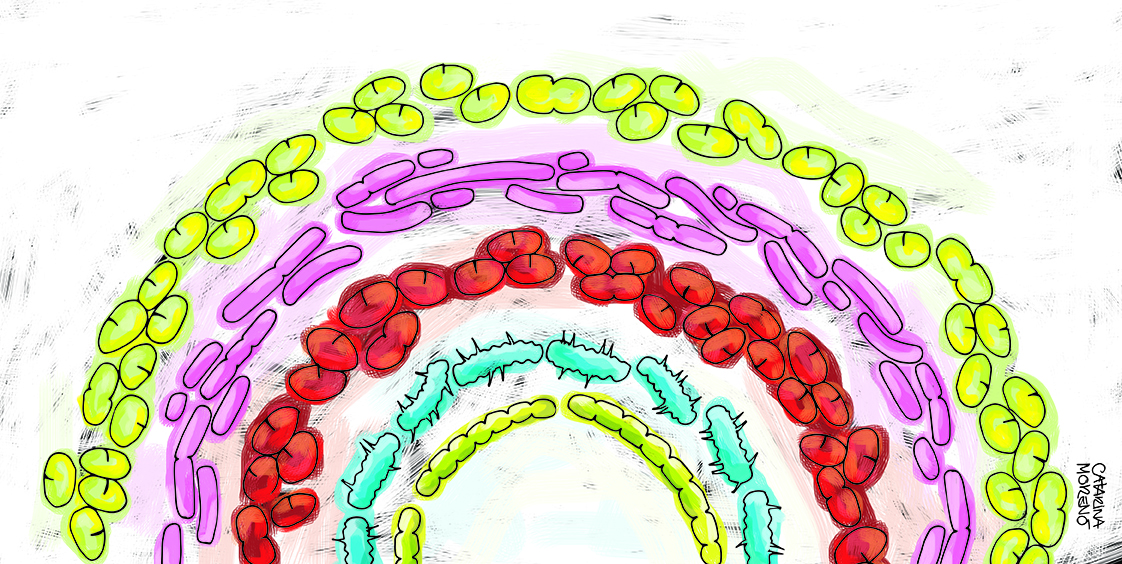Organoids are 3D lab-grown tissues that behave and look like mini-organs. Vivian Li's lab at the Francis Crick Institute uses organoids called 'mini-guts' to study stem cells and gastrointestinal cancer. Stem cells and cancer cells have many things in common, so by studying how stem cells function and divide, scientists can also learn about cancer cells. …
Thin or obese… Two sides of the same coin?
February 20, 2019Why do some people have a tendency to gain weight while others remain stubbornly slim? Global obesity has nearly tripled over recent decades due to unhealthy eating habits and sedentary lifestyles, yet a few people can stay in perfect shape despite binging on junk food and never setting foot in a gym. Although it seems obvious genetics must play a role, only a handful of studies have addressed this question. …
Rachel Carson: the power of storytelling in science
January 31, 2019Rachel Carson was an American marine biologist and an acclaimed science writer. Her award-winning bestseller Silent Spring (1962), which warns the public about the dangers of synthetic pesticides for wildlife and human health, was instrumental in drawing public and political support for the emerging environmental movement. But despite the importance of its controversial message, Silent Spring owes its success to Carson’s unique storytelling skills.…
The science of happiness
January 28, 2019Everyone is different, yet we’re all searching for the same: happiness. Happiness is a vague and highly personal concept. Some people look for happiness in money and celebrity, others in work, self-fulfilment or love. But is happiness a pot of gold at the end of the rainbow? Science can’t give us magical answers but it can show us what makes most people feel happy, and there’s a good chance this will make us happy too. …
Probiotics: when good bacteria turn nasty
January 22, 2019Our guts play host to crowed bacterial communities, but science is only beginning to truly understand what role they play in keeping our bodies running and in diseases such as depression, cancer and Alzheimer's. Probiotic supplements containing so-called ‘good bacteria’ are being touted as the new miracle medicine. But is there convincing scientific evidence for these health benefits?…





